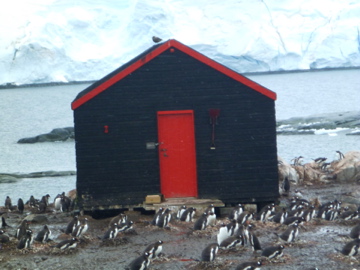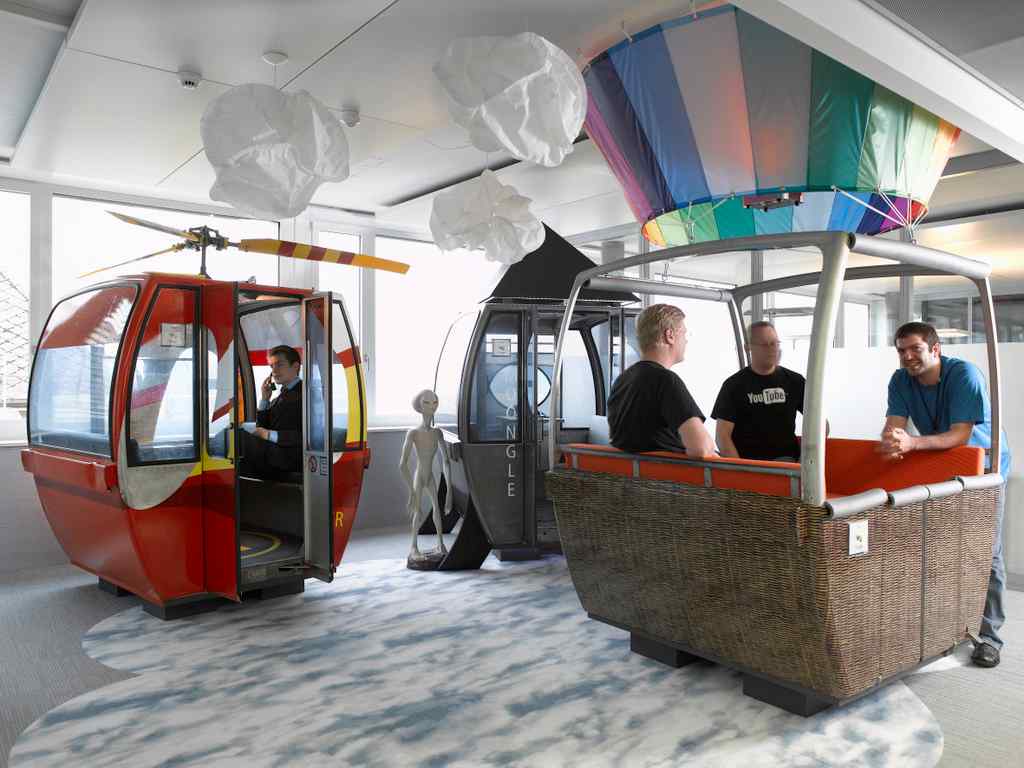At a recent Village Council meeting in my small town, I implored the elected officials to consider, in their deliberations about policy decisions, the differential effects of anachronistic thinking vs. possibilistic thinking as well as the differential effects of interdependent relating vs. competitive unrelating. I assume that, in pondering the challenge, they came to one of three conclusions:
- What is this guy talking about?
- Where is this pompous ass coming from?
- Hmm, I wonder how these questions apply to our policy decisions?
Yeah, I know. Most likely 1 or 2. What would my wife say? “You were grandstanding.” Probably true, as usual.
Even though I was well aware of the probable impact, I decided to make this comment because I like to say as much as I can with as few words as possible, and I believe that the lack of possibility thinking and interdependent relating are at the core of our problems locally, nationally, and globally. I guess I’m really tired of incessant blabbing, backward thinking, and competitive posing from the pundits, the privileged, and the pretenders.
Here’s an example. A friend of mine was describing his “conversation” with a yacht club member who was quite proud of all that he had “accomplished.” My friend realized quickly that this person didn’t really want a conversation or an exchange of ideas, he simply wanted reinforcement for his lifestyle justifications. There was no “relating” going on, and this person clearly wanted to establish himself as a winner in the game of toys, i.e. who has the biggest boat. In order to survive the night, my friend simply dropped into, what I call, a level 2 response mode, i.e. he simply played back the content to let the person know he was listening and duly impressed.
Even, what I call, a level 3 response would not have worked with this person. A level 3 response accurately demonstrates understanding to the feelings and values expressed by another person, e.g. “You feel proud because you climbed the ladder, claimed the prize, and satisfied your desires.” Even reflecting back what the person was presenting would have elicited a negative or defensive reaction because it wouldn’t be “becoming” to express pride or to be seen as driven by desire. In short, this person wanted to engage in competitive unrelating without being called out on it or to hear how he really sounded.
If, after a few level 3 responses, my friend had upped the ante to a level 4 response (an additive response that introduces your insights and reflects a personalized deficit beyond what the other person presented, for example: “You feel empty because you’ve devoted your life to material acquisition and you are having a hard time coming to grips with what it all means and what’s missing”), the person may have felt insulted and walked away. Not a bad outcome from my perspective.
If, after several more level 3 responses to follow up on the level 4, my friend had ventured a level 5 response (a more confrontational response with an aspirational goal and a specific plan, for example: “You feel depressed because you can’t find meaning from all your material excesses and you want to re-purpose your life. You might want to consider getting off the treadmill, selling your yacht, and devoting yourself to the common good.”), the person would have thrown the drink in his face and had him forever forbidden to return to the club. Also a good outcome with the exception of ruining a fine suit.
This story tells the tale of the situation we are in locally, nationally and globally: People don’t want to hear the truth, they don’t want “additive” insights, and they don’t want to be told they need to grow. In short, they want to believe they are superior beings and pretty much perfect just the way they are.
The problem is that if we can’t relate with accurate reflections, additive insights, or aspirational challenges for growth, we are left with level 2 responses which quickly degenerate into level 1 reactions. This level 1-2 cycle in which we are currently trapped is manifested in materialism, machoism, militarism, egoism and greed. What will it take to free ourselves from that trap and make the shift to interdependent relating? I wish I knew.
I do know, however, that most people seemed more open to accurate, additive, and aspirational responses when I was growing up. I think 9/11 changed that. I think our experiences in Afghanistan and Iraq changed that. I think technology and social media circles changed that. Now, it seems most of us are only interested in hearing reinforcements for our selective points of view in our tight bubbles. So, how does all of this relate to my town.
As a result of anachronistic thinking and competitive unrelating, my community is on the brink of falling into a crisis. The population is declining and aging, businesses are struggling to survive, housing is less and less affordable, and the economy depends on seasonal tourism. It’s biggest problem, however, is that most people who live here (if only for 6 months of the year) believe everything is rosy – that there is no crisis lurking. They don’t want to hear accurate reflections of our current state, additive insights about how we might need to shift, or aspirational challenges to create new possibilities.
Some people in the community, seeing the need for change, managed to raise enough money from multiple sources to hire Doug Griffith, author of 13 Ways to Kill a Community. Doug is an economic development consultant/community therapist who has the expertise and experience to assess where the community is, identify what it needs to do to become sustainable, and how its citizens need to relate more and compete less to make the shift.
As in most communities, many people are attached to the past and the “ways things used to work around here.” They want to keep looking backward to the way things were instead of how they might adjust to changes and make things better. They think anachronistically instead of possibilistically. I know – it’s not a word, but I like it anyway.
What’s most frustrating to me is that we have enormous assets in our town to leverage and possibilities to pursue if only we would focus on moving forward together instead of retreating backwards alone. We live on the shores of the largest source of fresh water in the world; we have two world-class marinas (not yacht clubs) in our small village; we have some of the best public schools in Michigan; we have garden clubs that beautify the town; we have GreenER, an environmental club which does amazing work to preserve and protect our environment; we have incredible hiking, biking, paddling, and birding trails for people who enjoy Nature; we have terrific restaurants and shops; we have a beautiful library on a charming island. The possibilities are endless if only we would work together to position ourselves for a future that is coming – whether we like it or not.
We do not have the choice to remain the same or return to the past. Our choice is to fall into a pattern of continuous reaction to the latest crisis or to position ourselves for growth. The choice is continuous crisis or gritty growth. The truth is that we need to start thinking more about possibilities than the past, and we need to start relating interdependently instead of competing independently. Competitive unrelating and anachronistic thinking may satisfy what a few individuals want, but they won’t result in what the community needs. I’m not sure my Village Council heard the fullness of my challenge to them.
Fortunately, our community is a climate haven and far removed from external terrorist threats, but the world is changing and there is a range of possible outcomes. The question is, “What kind of a world can we create in the future? Here is the range of outcomes that are directly related to the way we think and the way we relate.
| Levels | Quality of Interpersonal Relations in one Village | Collective Outcome on Global Village |
| 5 | Aspirational | Interdependent |
| 4 | Additive | Innovating |
| 3 | Accurate | Responsive |
| 2 | Anodyne | Reactive |
| 1 | Asinine | Destructive |
We can not only choose which outcome we support but also what we can do to help our communities move up the scale. What we can’t do is settle for a level 2 world – constantly reacting instead of responding and innovating. Only by relating more and competing less will we be able to find innovative possibilities and work together interdependently.
At the yacht club, my friend made the right choice. A level 2 response was all the yachtsman deserved and anything more than that would have been a waste of time. We don’t have the luxury of that choice in our communities, our country, and our civilization. We need to imagine new possibilities and work interdependently to accomplish them.
I’m hoping Doug Griffith, our community therapist and economic development expert, will engage our community in a collective mobilization for change. I’m hoping he will help us own our possibilities and inspire us to seek ways to help each other succeed. I’m hoping that all of us will open up more to accurate, additive, and aspirational responses. And I’m hoping that my friend never has to go to another yacht club party again. May it be so.
Also published on Medium.




Another inspiring, hopeful missive as to what could be…may it be so indeed! I love you , and your beautiful mind my friend. RonnyDonny